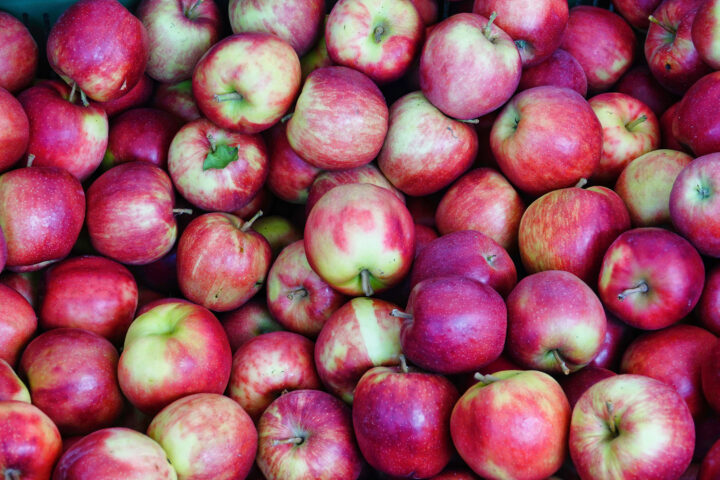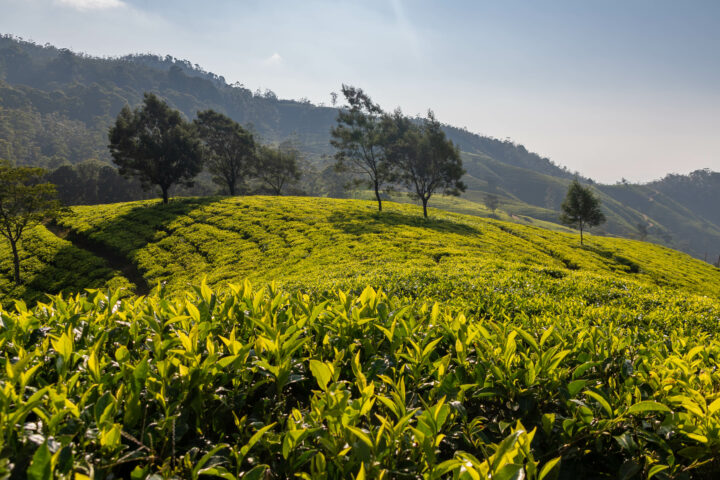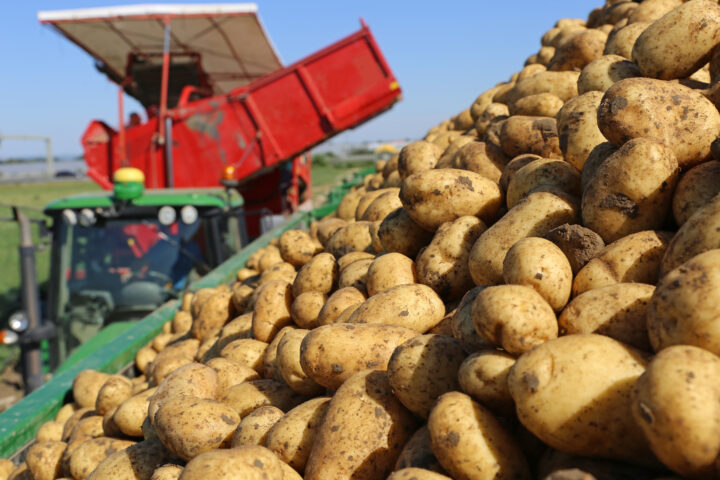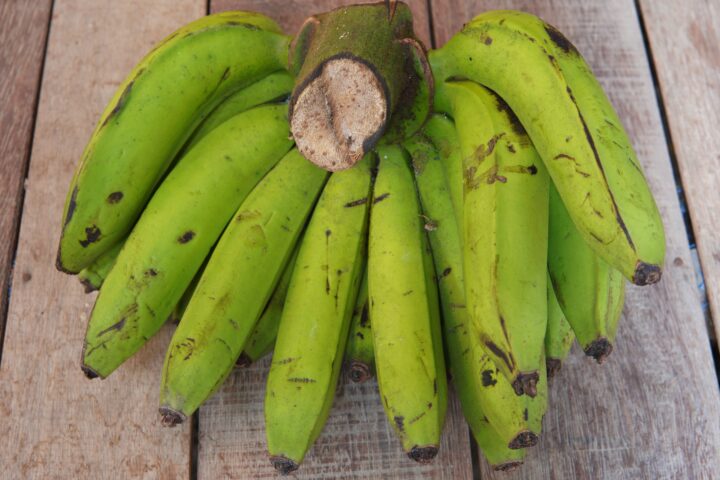
40% drop in yields: Does this spell the end for turnip lanterns?
The traditional Räbeliechtli (turnip lantern) parades are taking place again in November. However, according to the “Aargauer Zeitung”, farmers are finding it increasingly difficult to produce the turnips. As key plant protection products are being taken off the market, the turnips are less and less well protected against pests and diseases.
Tuesday, November 8, 2022
Räbeliechtli parades will soon be taking place all over German-speaking Switzerland. Once again, shouts of “Räbeliechtli, Räbeliechtli…” will echo through the streets during the parade, which is considered to be the counterpart to Halloween in the United States and dates back to the 1860s. The traditional fall turnips are hollowed out by children and decorations are carved into the skin. The addition of a lit candle inside the turnip turns the vegetable into a wonderful lantern to be carried through the streets.
Quality is key for the turnips
Christoph Hagenbuch, a farmer and President of the Aargau Farmers’ Association, grows 1.5 hectares of fall turnips or “Räben”. The quality of the turnips must be right for the Räbeliechtli parades. “The bottom needs to be beautifully white and the top purple. It is these bright colors that create the contrast when a candle is flickering in the ‘lantern’,” explains Hagenbuch to the “Aargauer Zeitung”. However, children are not keen on damaged turnips.
Too much heat and warmth can affect the quality of the turnips. For that reason, Hagenbuch had to re-sow in the hot summer of 2022. The soil must have sufficient fine substrate and moisture. Care must also be taken to ensure that the fall turnips are always planted in a different position, otherwise, any surviving pests from the previous year can immediately reinfect the new seed. Therefore, adherence to crop rotation is crucial, as is good fertilization and good plant protection.
Lack of plant protection products increases crop failures
But this is what is lacking. Cabbage flies and wireworms are making farmers’ lives increasingly difficult – and not just for fall turnips, but for other crops too, such as Brussels sprouts and onions. The problem with turnips is that “the approvals for pesticides expired in 2017 and 2019,” explains Hagenbuch. We only have a few fungicides – i.e. agents that prevent fungal attack – that can be used. As approval has been lost for so many plant protection products, Hagenbuch has had to increase the area set aside for turnips by 30 to 40% to compensate for crop losses.
The disappearance of so many plant protection products automatically leads to greater crop losses and therefore to food waste: “In principle, it is good to use fewer plant protection products. Unfortunately, fewer plant protection products always means a higher risk of crop failure,” says Hagenbuch. This leads to higher prices for regional produce. Farmers need to cultivate larger areas to harvest the same number of crops. The alternative is an increase in food imports. The high standards of consumers are complicating matters. This is also true for turnip lanterns: According to Hagenbuch, some children are disgusted by evidence of pest activity. However, many products with slight damage can be safely consumed.
Photo: Wikipedia. Micha L. Rieser.
Related articles

Where the focus lies in apple breeding
The new head of Agroscope's fruit breeding research group is Andrea Patocchi. In an interview with the trade journal Obst + Wein, he explains where the focus of apple breeding lies today.

Chinese robot picks tea
There is a shortage of tea pickers in China. A robot developed by a researcher is set to remedy the situation and take over the work in future. Thanks to artificial intelligence, the machine can even recognise the shoots of the tea plant. The first harvesting robots are also already being developed in Switzerland.

Potato farmers want robust varieties
As the use of pesticides is to be massively reduced, the potato industry now wants to focus on more robust varieties. The industry has even concluded a target agreement with the federal government. This is ambitious: By 2040, robust varieties are to thrive on 80% of potato cultivation areas.

How genetic engineering is saving the Cavendish banana
The most popular banana variety - the so-called Cavendish banana - could soon disappear due to a persistent fungus. Australian researchers have developed a solution based on genetic engineering.

